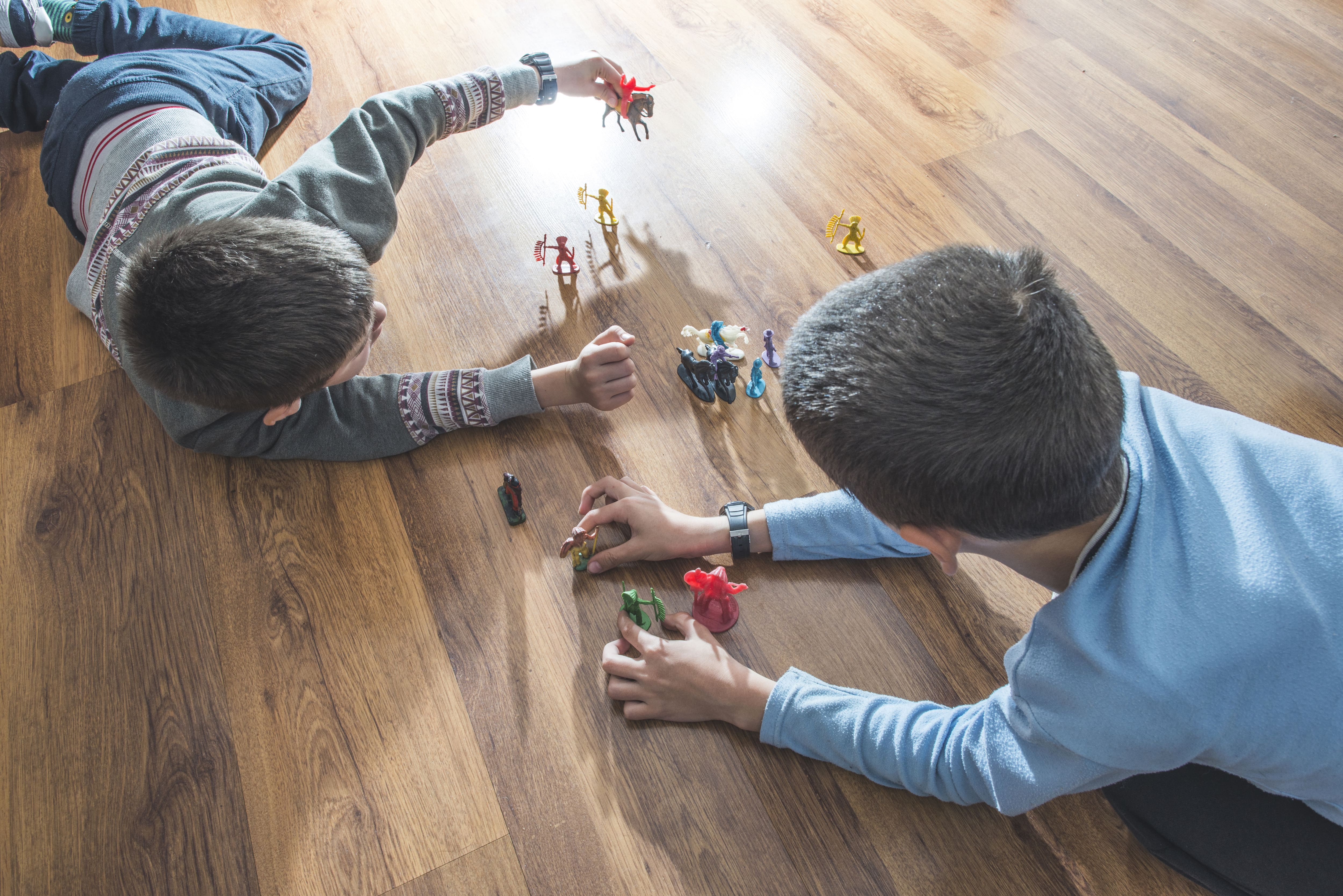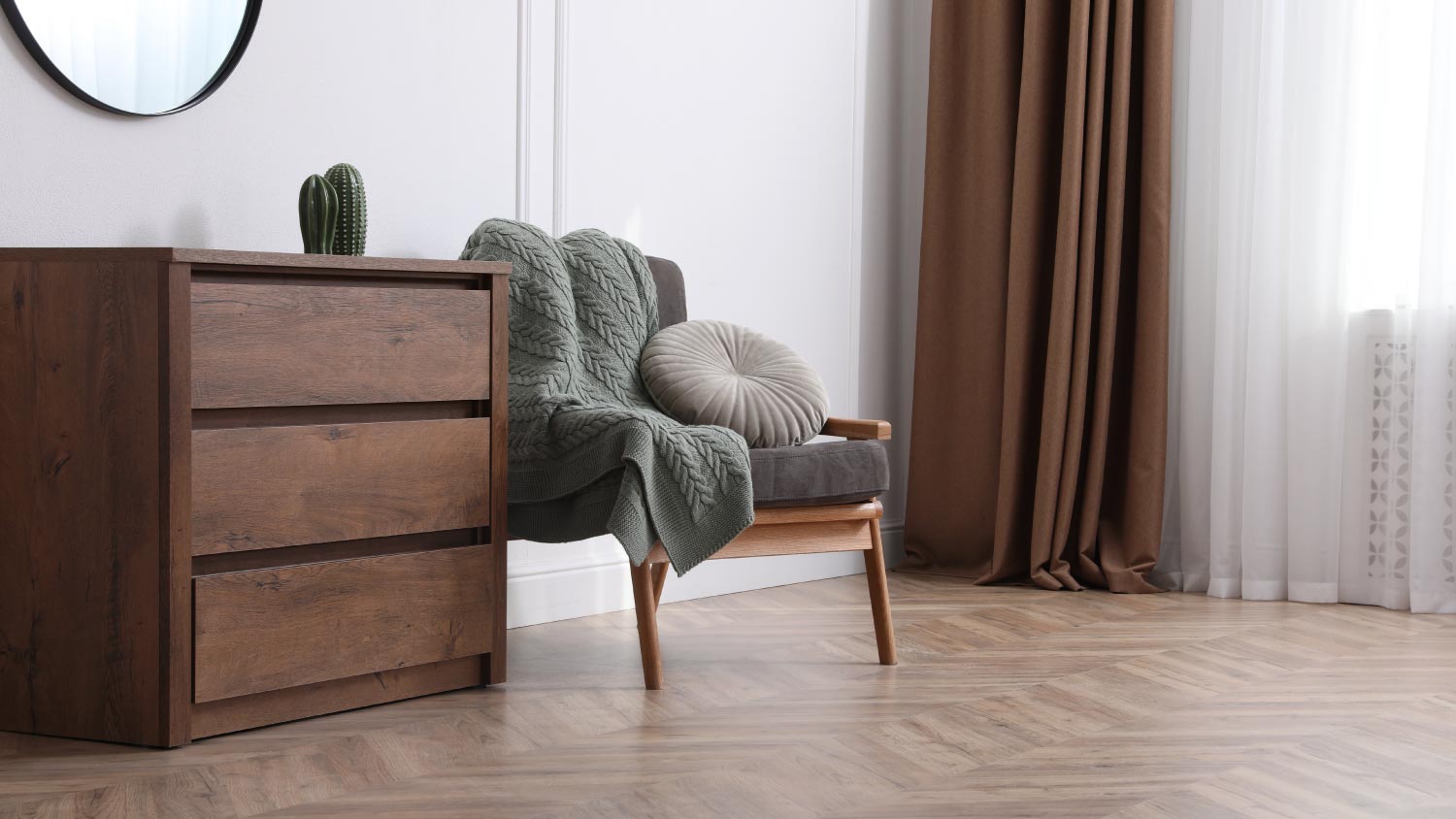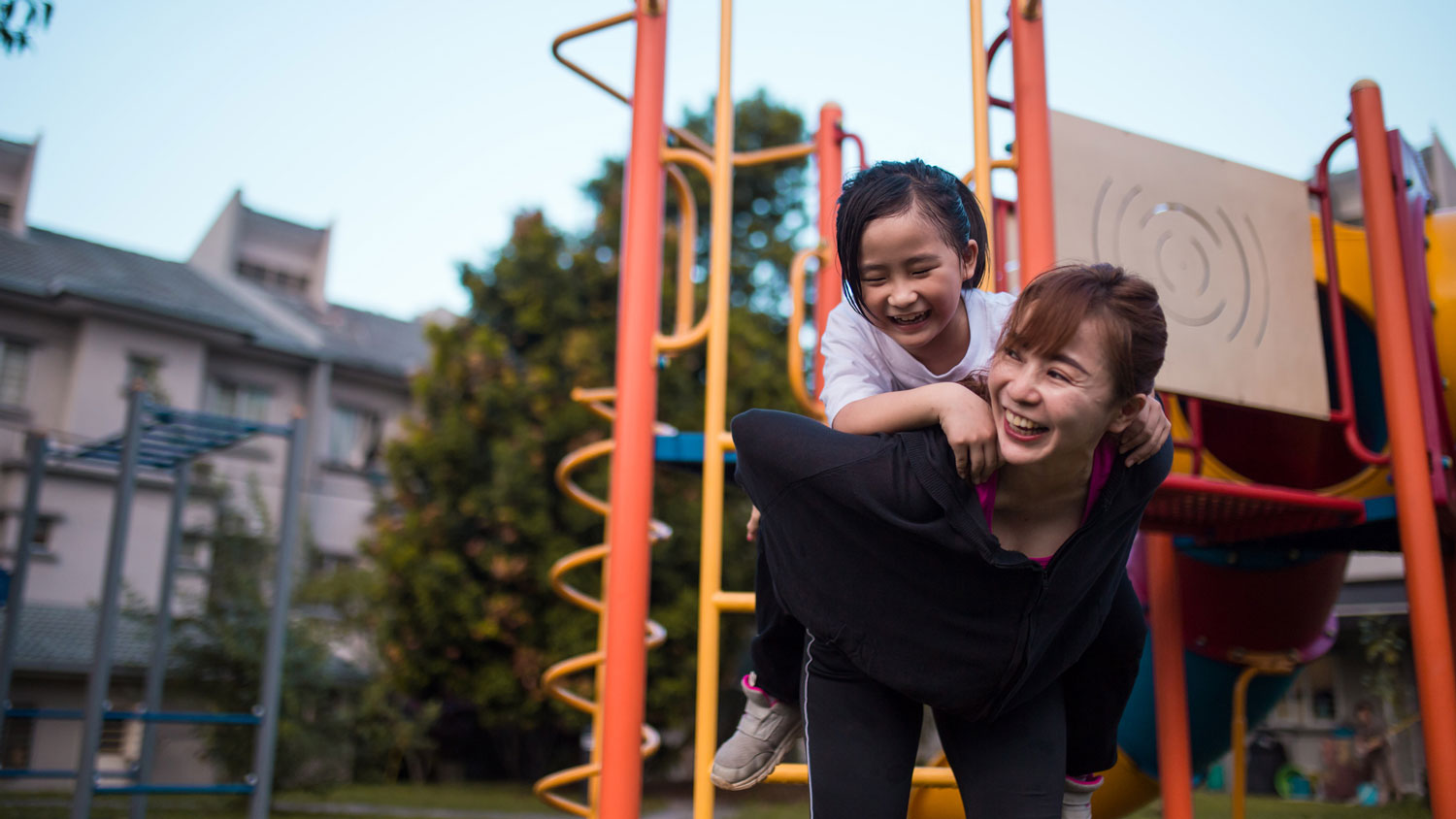
Slate is tough and durable, but is it the right choice for your floors? Learn more about the average slate flooring cost to see if it fits within your budget.
Installing a new floor in Dallas, TX costs $3,476 on average, but can range between $1,752 and $5,430, depending on the room size and type of flooring.


The cost to install new flooring in Dallas ranges from $10 to $13 per square foot for a typical midrange renovation project.
Professional flooring installers charge $1.50 to $8 per square foot for labor, before the cost of materials.
Removing existing flooring costs as little as $0.70 to $1.80 per square foot for carpet, more for some other materials like tile.
Hardwood flooring can yield the highest return on investment (ROI) of 70% to 120% for well-executed upgrades.
Luxury vinyl plank, at $3 to $8 per square foot installed, offers the look of hardwood with superior durability against Texas heat and humidity.
Flooring installation in Dallas, Texas costs an average of $3,476, with most homeowners spending between $1,752 and $5,430 for midrange projects. Labor costs in the Dallas-Fort Worth metroplex tend to run slightly higher than the state average due to strong demand from the region's rapid growth. Final pricing depends heavily on material choice and room size.
Aside from square footage and material selection, homeowners around Dallas, Texas, should also budget for additional expenses when replacing or installing new flooring. Repairing subfloors, removing old flooring, and remediating mold can add significantly to overall costs.
When ordering flooring materials, first measure the square footage of the floor space. You may need to add an extra 10% for wastage during the installation process. A flooring pro can provide guidance for more challenging layouts or stairs.
New flooring costs an average of $10 to $13 per square foot for midrange installations in Dallas, so the larger the project, the higher the installation cost will be.
You may receive a discount on the rate per square foot for larger projects, while some companies may charge a higher flooring cost per square foot for small jobs to meet their minimum project cost requirements.
| Room Size in Feet | Square Footage | Average Cost |
|---|---|---|
| 10x10 | 100 | $1,150 |
| 10x12 | 120 | $1,380 |
| 12x12 | 144 | $1,660 |
| 12x14 | 168 | $1,930 |
| 14x16 | 224 | $2,580 |
| 16x16 | 256 | $2,950 |
| 18x18 | 324 | $3,730 |
| 18x20 | 360 | $4,140 |
| 20x20 | 400 | $4,600 |

The price of your new flooring depends heavily on the type of material you choose. Generally speaking, natural materials are pricier, while synthetic materials are more affordable. For instance, hardwood flooring costs between $6 and $25 per square foot, while linoleum flooring costs $3 to $12 per square foot.
Of course, the type of flooring material that’s best for your home depends on the area you’re putting it in, the amount of traffic it gets, whether you have kids or pets running around, your local weather and climate, and your aesthetic.
| Type of Flooring | Average Cost per Square Foot | Lifespan (Years) | Pros | Cons |
|---|---|---|---|---|
| Tile | $4–$12 | 75–100 | Highly durable and waterproof. Easy to clean. | Can chip and crack. Can be difficult to install. |
| Hardwood | $6–$25 | 30–100 | Can be resurfaced and refinished. Lots of variations to choose from. | Susceptible to damage from water and moisture. Requires some maintenance. |
| Engineered wood | $4.50–$16 | 20–30 | Looks like hardwood and is more resistant to moisture. Can be refinished. | Not entirely moisture resistant. Can only be refinished once or twice. |
| Stone | $6–$20 | 50–100 | Very durable and low maintenance. Sustainable. | May require structural reinforcement due to weight. Difficult installation. |
| Carpeting | $3.50–$11 | 5–15 | Comfortable to walk on. Affordable and easy to install. | Difficult to clean. Stains easily and absorbs odor. |
| Laminate | $3–$13 | 10–30 | Affordable alternative to hardwood. Easy to install. | Not moisture resistant. Difficult to repair, and can’t be refinished. |
| Vinyl | $3–$8 | 10–25 | Affordable and durable. Can mimic other materials like hardwood and stone. | Can become discolored and wear over time. |
| Linoleum | $3–$12 | 20–40 | Recyclable and made from natural materials. Affordable and long-lasting. | Needs to be sealed. Not as durable as other materials. |
| Polished concrete | $2–$16 | 50–75 | Very durable with a long lifespan. Low maintenance and affordable. | May need structural reinforcement due to its weight. Must be properly sealed. |
| Bamboo | $2–$20 | 10–30 | Sustainable and highly durable. | Susceptible to moisture damage. Shorter lifespan than other materials. |
| Cork | $5–$19 | 20–40 | Low maintenance and allergy-friendly. | Not as durable as other flooring. Susceptible to moisture related expansion and contraction. |
Your flooring installation company may charge an additional rate, averaging $60 to $120 per hour, to remove furniture from the room or home before installing the floors. Save money on your flooring installation costs by moving furniture and other objects prior to the project’s start date.
Removing old flooring costs $1.50 to $3.50 per square foot, depending on the type of floor and how it was installed. For example, tile removal costs can range from $2 to $7 per square foot, while removing carpet that is nailed or stapled to the floor costs $0.70 to $1.80 per square foot.
Subflooring replacement costs $3 to $10 per square foot. Subfloors help support your flooring, whether you choose carpet, tile, or hardwood. You need this base layer to be in good condition, so if your subfloors are too weak or have water damage, you’ll need to repair or replace them before installing new flooring.
If your floor type needs underlayment, it will add $0.50 to $5.40 per square foot to the flooring installation cost. Not all floors need underlayment, but you likely need it if you install carpet or laminate flooring.
Installing flooring on stairs costs $11 to $160 per step, depending on the type of flooring you choose. The cost of adding carpet to stairs falls on the lower end of the scale because it’s easier to install over the curves and ridges of steps than a rigid material like hardwood, which may cost up to $160 per step due to the complexity of installation and the higher cost of the material.
If your flooring pro detects mold, removal is crucial before laying down new flooring. Mold remediation costs $10 to $25 per square foot. If a flood or leaky plumbing left mold or water damage under the flooring, you’ll need to factor in the additional costs for a local mold removal service to keep your family safe.
Finishes, like polyurethane, urethane, or wax, cost $0.85 to $7 per square foot. Consider adding a finish to hardwood, natural stone, or concrete flooring to help the material last longer. Finishes are also a good idea for entryways, living rooms, or other high-traffic spaces in your home.
When you’re putting down new floors, you might look around the room and decide to add some other projects at the same time. Here are the average costs for common floor installation add-ons:
Baseboards: $700–$2,500
Floor paint: $1,000–$2,000
Radiant floor heating: $1,500–$6,000
Floor joist replacements: $4,000–$15,000
Professional floor cleaning: $200–$300
Hardwood floor refinishing: $1,100–$2,600
Hardwood floor repairs: $480–$1,710
Hiring professional flooring contractors in Dallas ensures your installation meets local building codes and withstands the region's climate challenges. Labor accounts for about 60% of your overall project cost, with rates influenced by the city's competitive construction market and skilled trade availability.
Flooring contractors charge $1.50 to $8 per square foot for labor, depending on the amount of prep work needed. Vinyl and luxury vinyl plank fall toward the lower end of this range, whereas pros who install hardwood floors commonly charge toward the upper end. Additional tasks, like moving furniture or demoing tile, will add to overall labor costs. The equivalent hourly range works out to $60 to $120 in most cases.
The Dallas market's strong demand means experienced contractors often book several weeks in advance, particularly during spring and fall when weather conditions are ideal for installation.
Replacing interior flooring in single-family homes usually doesn’t require a City of Dallas building permit. This changes if your project involves structural modifications, like repairing floor joists or addressing foundation issues, or electrical components, like changes to in-slab radiant heating conduits.
Always check the City of Dallas permit lookup for projects involving structural changes. Permits start at a few hundred dollars based on project scope. While homeowners can pull their own permits, contractors often handle this as part of their service.
The extreme summer heat and humidity in Dallas can affect installation timelines, particularly for materials like hardwood that require acclimation periods. Many flooring pros recommend scheduling installations during spring or fall when temperatures are moderate and humidity levels are more stable. This does mean they are often busier during these periods, so be sure to book as far in advance as possible.
For larger flooring projects, you may need to bring in additional trades to ensure everything's done right.
A general contractor costs $50 to $150 per hour in Dallas and can coordinate multiple aspects of your renovation, from subflooring repairs to finishing work.
If your flooring project uncovers plumbing issues, a licensed plumber charges an average of $100 to $200 per hour for repairs.
Electricians also charge $100 to $200 per hour for relocating outlets or installing under-floor heating systems.
For homes with foundation concerns, a real consideration in Dallas's expansive clay soil areas, a structural engineer's inspection runs $500 to $1,500.
Installing new flooring delivers strong returns in the Dallas real estate market, where buyers consistently prioritize move-in-ready homes with modern finishes. The return on investment (ROI) depends heavily on the material chosen and the quality of the installation. A poor installation can destroy ROI, so always use licensed local pros.
Homeowners who choose to repair or replace hardwood flooring see some of the best ROI, recouping 70% to 120% of project costs at resale. Refinishing hardwood floors can see ROI jump as high as 150% in some cases. Luxury vinyl plank (LVP) is a more affordable option, improving the overall look at a lower cost, but results in a lower ROI of 30% to 70%. Tile, stone, and carpet see similar returns.
Home is the most important place on earth, which is why Angi has helped more than 150 million homeowners transform their houses into homes they adore. To help homeowners with their next project, Angi provides readers with the most accurate cost data and upholds strict editorial standards. We’ve surveyed thousands of real Angi customers about their project costs to develop the pricing data you see, so you can make the best decisions for you and your home. We pair this data with research from reputable sources, including the U.S. Bureau of Labor Statistics, academic journals, market studies, and interviews with industry experts—all to ensure our prices reflect real-world projects.
Want to help us improve our cost data? Send us a recent project quote to [email protected]. Quotes and personal information will not be shared publicly.
From average costs to expert advice, get all the answers you need to get your job done.

Slate is tough and durable, but is it the right choice for your floors? Learn more about the average slate flooring cost to see if it fits within your budget.

Discover stamped concrete wall cost estimates, including average prices, key cost factors, and tips to help you budget your project with confidence.

Staining concrete floors can add a little something to a drab slab. Learn more about how much stained concrete floors cost and what factors impact it.

Outdated, dingy baseboards can make your home look drab and dull. This guide will help you choose who to hire to replace your baseboards for a refreshed look.

There is more going on with moisture in your concrete than what meets the eye. Get to the bottom of it by testing moisture levels in your concrete floors.

Learn how much rubber playground flooring costs, including installation, material, and maintenance, plus how to save and choose the best option for your home.